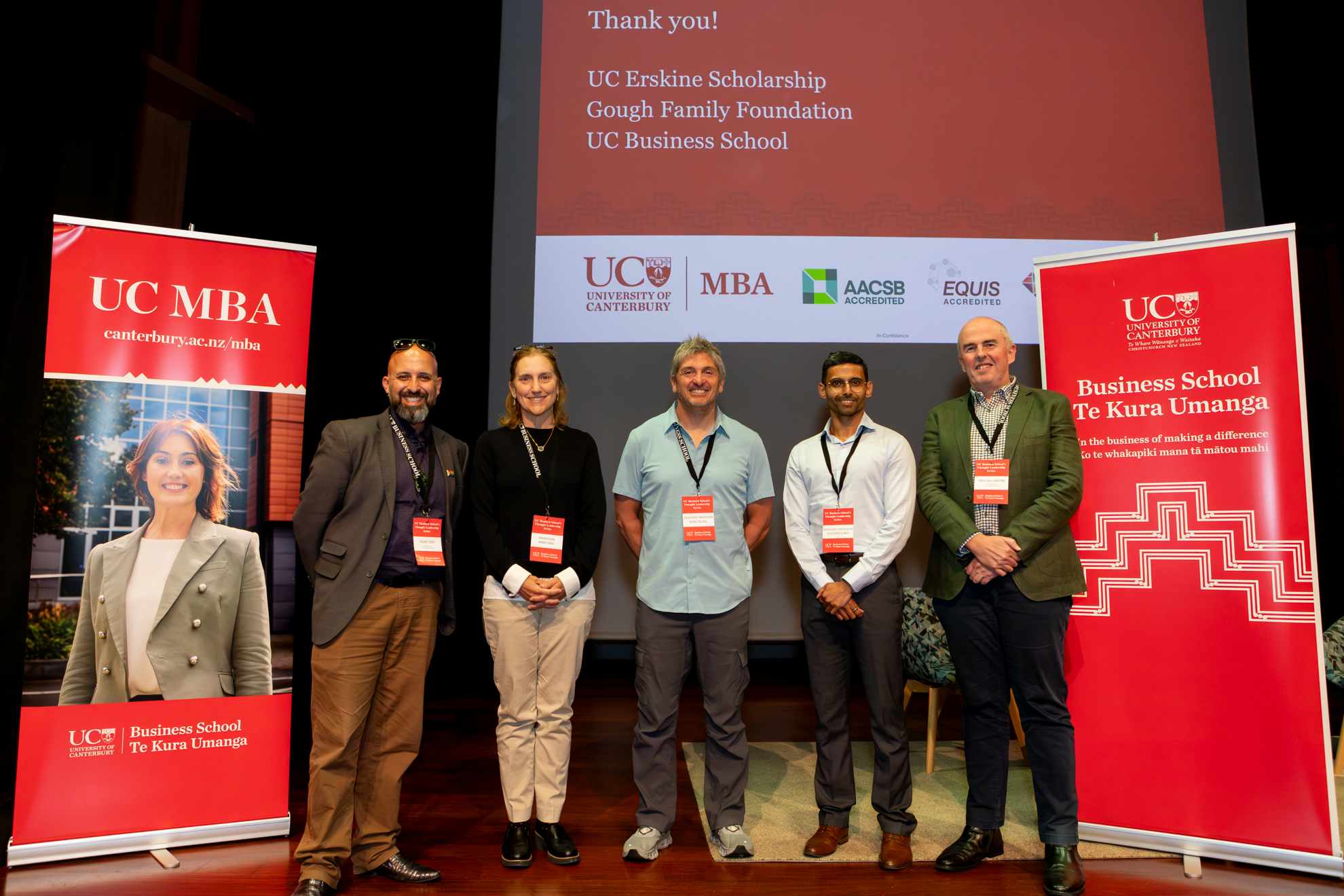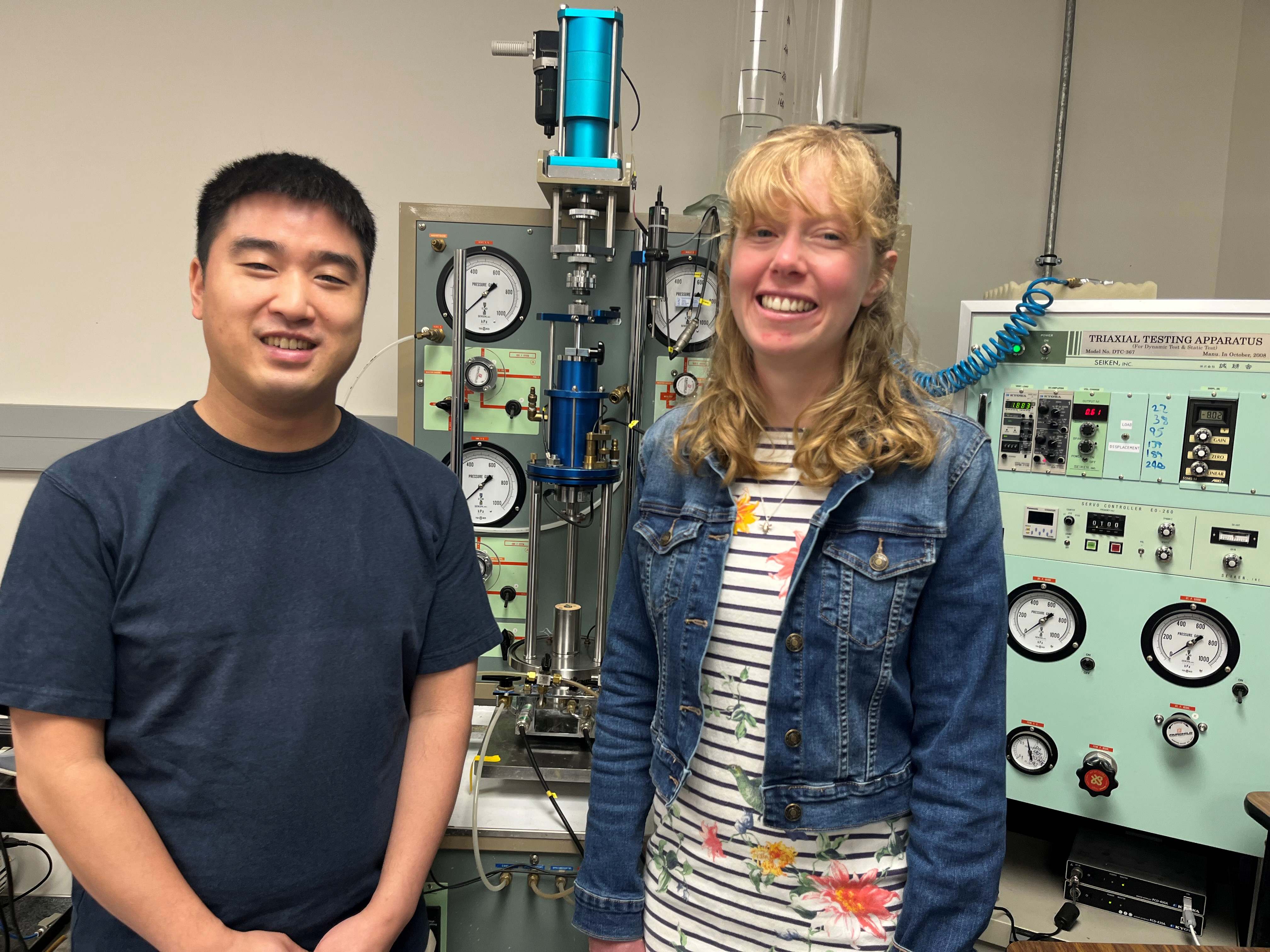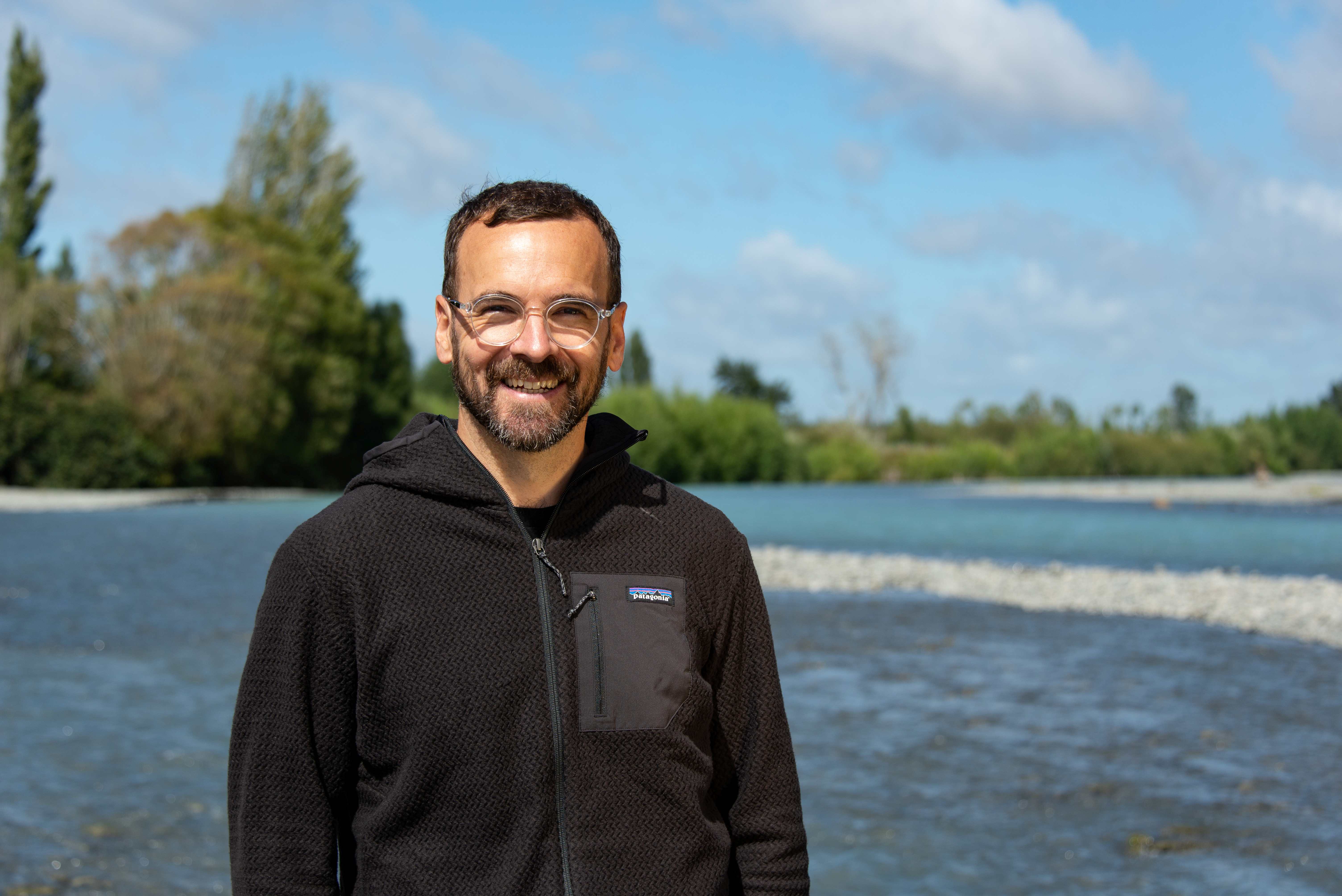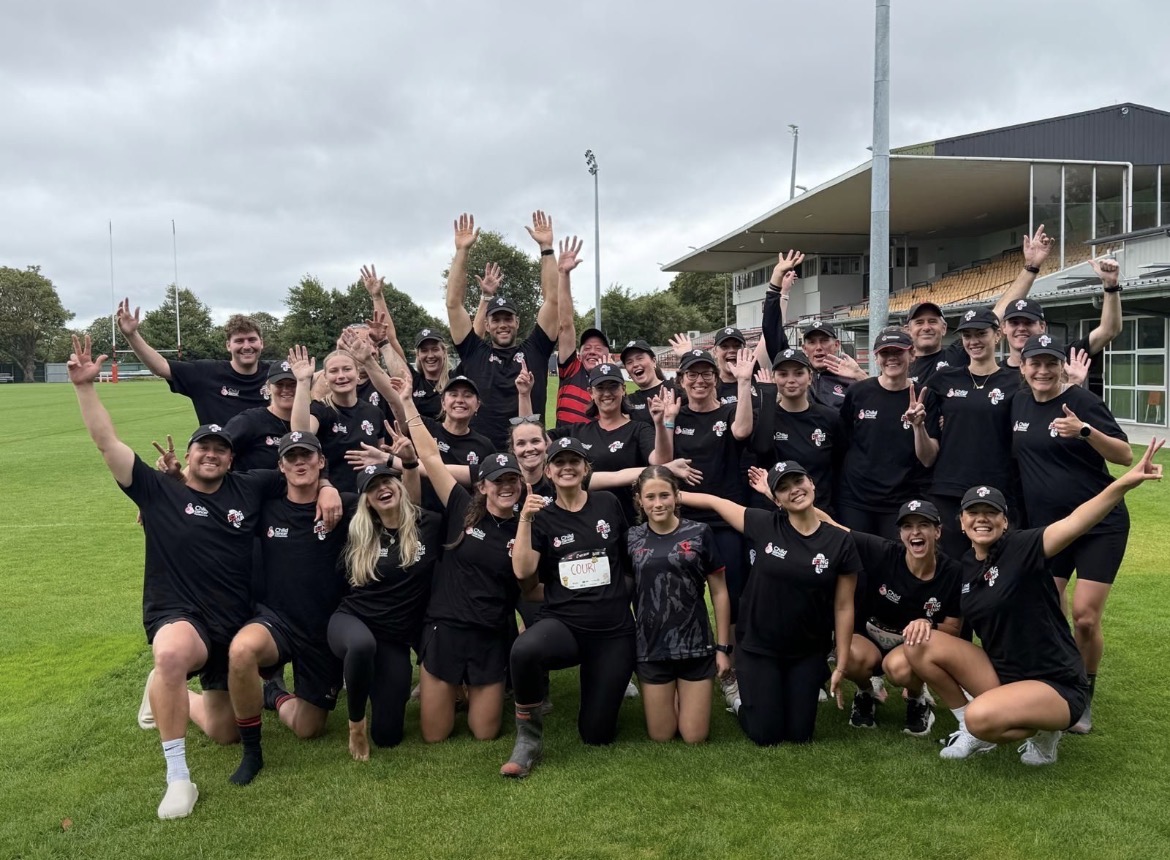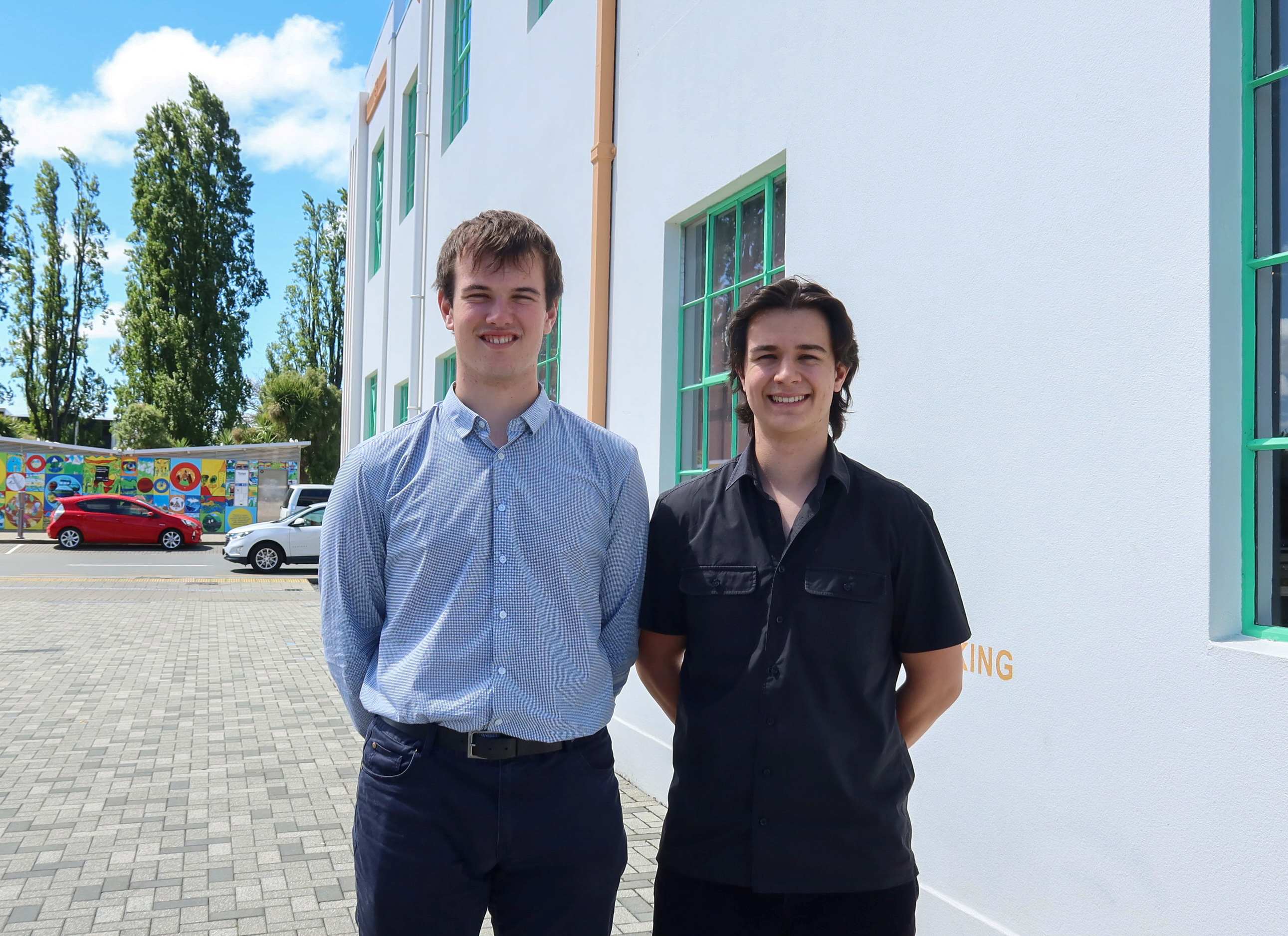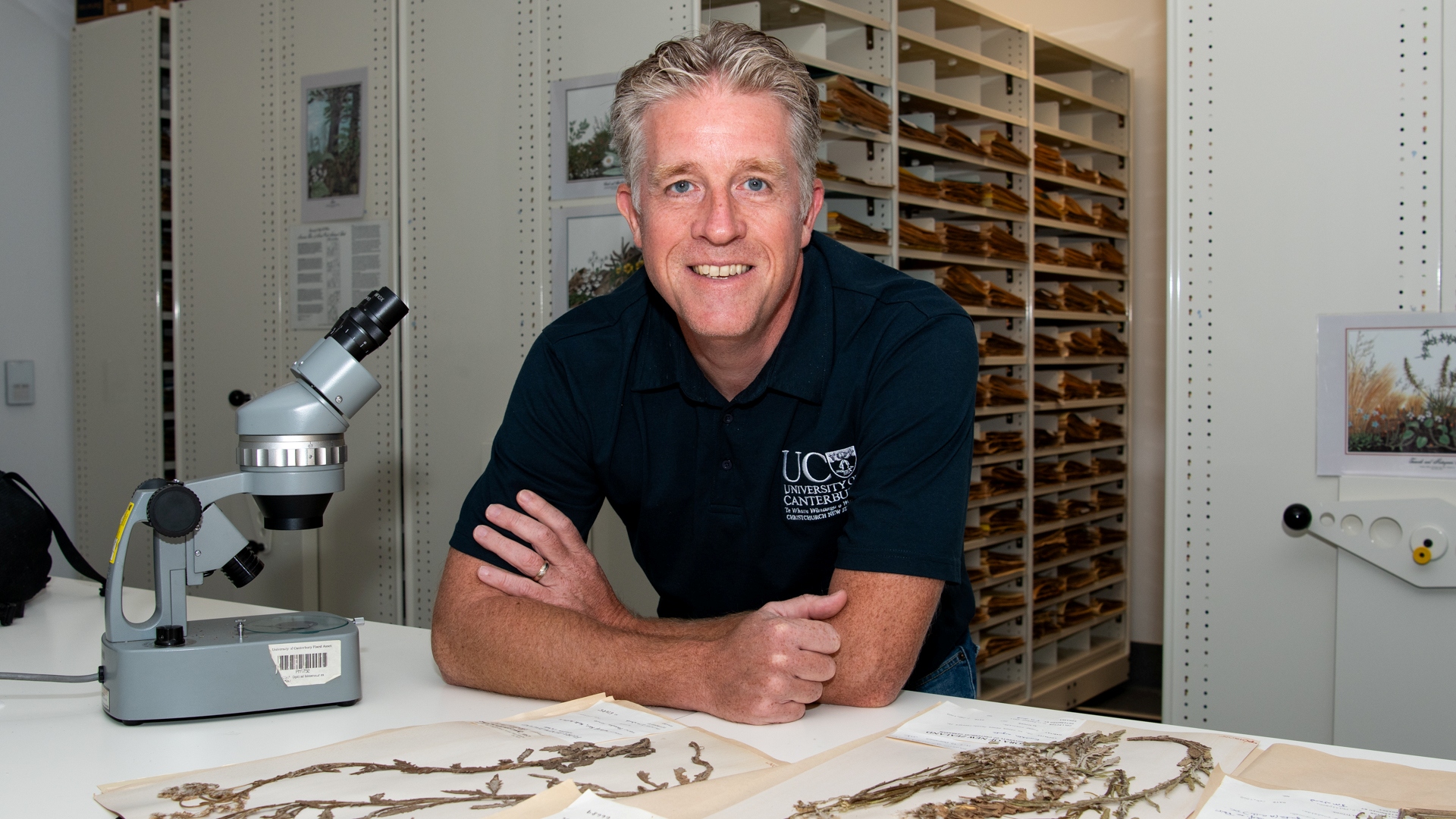Dr Tom Logan, a Senior Lecturer Above the Bar in Civil and Environmental Engineering at Te Whare Wānanga o Waitaha | University of Canterbury (UC), and graduate Dr Mitchell Anderson, turned their research into practice by developing a platform that helps communities, councils and organisations navigate climate change and plan for future events.
Their expertise in risk analysis provided the foundation for building the software that turns theory into reality that can be easily used via their company, Urban Intelligence whose staff has doubled in the past year to 25 people.
“Our UC research helped us understand the unmet need for such a platform and continues to provide a space for new ideas and excellent collaborations. Through Resilience Explorer® we can feed back the connection to community partners and data. This means that the research can accelerate and be targeted to the needs of New Zealand communities,” Dr Logan says.
Far North District Council has enabled stronger community buy-in for adaptation programmes and planning by using the risk stories mogul in Resilience Explorer® to increase community understanding of the need for, and prioritised areas for, adaptation planning.
In the international arena, the researchers are working with partners in England (NHS) and Australia and are in discussions with organisations in several other countries.
Together with Wellington City Council, Resilience Explorer® is also closely involved in the Minority Report, a collaborative international initiative using cutting-edge technologies to safeguard urban populations.
“Natural hazards are affecting communities now and there are a lot of things known in academia that haven’t permeated through to practice,” Dr Logan says.
“There's a growing recognition that pdf reports, including academic articles, aren't giving people what they need; especially when the information is rapidly changing. Resilience Explorer® gives everyone a consistent and up-to-date source of information that they can view in a way that suits their specific needs.”
Dr Logan says they are seeing a big shift from people seeing risk information as a reporting burden to a critical piece of information for making a range of decisions, from asset management to land use planning and investment decisions.
“Resilience Explorer® is a vehicle that gives our research a clear ‘line-of-sight’ and real-world impact. It gives everyone a consistent and up-to-date source of information that they can view in a way that suits their specific needs.”
Dr Logan says the aim is to eventually make Resilience Explorer free for Kiwi communities and fund its operation and innovation from the company’s overseas work. At present, funding comes from its customers including the English National Health Service, Tasmania State Government, a range of regional and local councils around New Zealand, the New Zealand Climate Change Commission, and other companies in the agricultural and critical infrastructure sectors.
“There's a clear demand for understanding risk information and building resilience, but we've also found that there's an educational component to this for a lot of people. This has been great to leverage my experience at UC and being able to provide accessible learning resources,” Dr Logan says.
Dr Logan will be speaking at the upcoming Adaptation Futures 2025 conference on ‘Building Community Resilience Through Digital Collaboration: Leveraging the Resilience Explorer Platform for Climate Adaptation Planning’.


